 |
 |
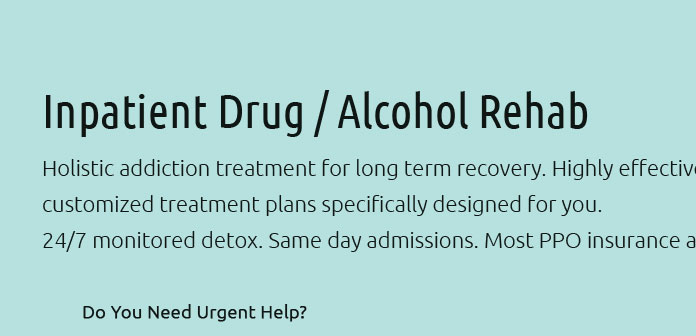 |
 |
 |
 |
||
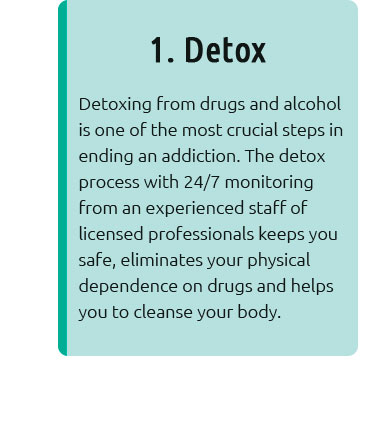 |
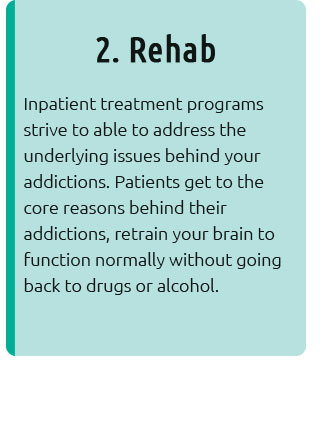 |
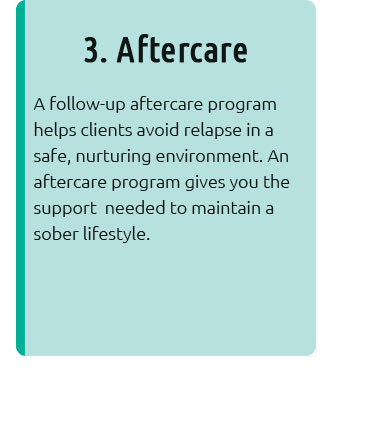 |
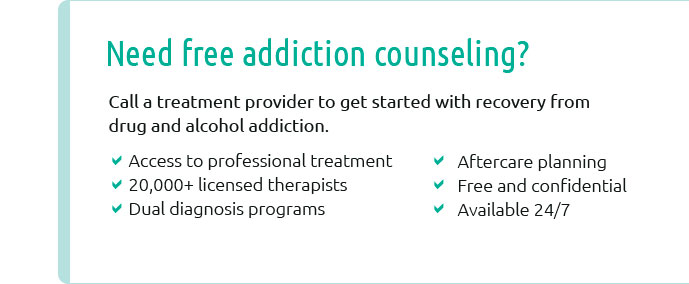 |
 |
 |
 |
||
 |
||
 |
||
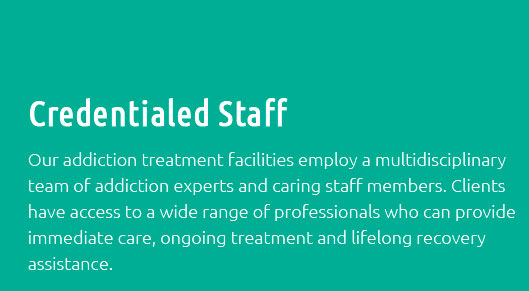 |
 |
 |
|
 |
|
Understanding the Journey of Drug RehabilitationThe journey to overcoming addiction is a complex and multifaceted endeavor, one that many embark upon with hope and determination. Drug rehabilitation, often referred to simply as rehab, offers a structured environment where individuals can begin to heal from the ravages of substance abuse. The process, however, is not one-size-fits-all; it is as varied as the people who undergo it. While there are common elements across most programs, the nuances of each person's experience can vastly differ. Rehabilitation typically begins with detoxification, a crucial step that involves purging the body of harmful substances. This phase can be particularly challenging, as it often comes with intense withdrawal symptoms. Facilities offer medical supervision to manage these symptoms, ensuring the safety and comfort of the individual. Once detoxification is complete, the focus shifts to therapy and counseling, where the underlying causes of addiction are addressed. Therapy can take many forms, from individual counseling sessions to group therapy, and sometimes even family counseling. It's essential to recognize that addiction doesn't just affect the individual; it ripples out to impact families and communities. Therefore, including loved ones in the healing process can be beneficial.
Furthermore, many rehab programs incorporate alternative therapies such as art therapy, yoga, or meditation. These activities not only help manage stress and anxiety but also encourage self-expression and mindfulness. Real-world examples of successful rehab stories abound. Consider the story of John, a former heroin addict who, after years of struggle, found solace in a holistic rehab center. Through a combination of traditional therapy and alternative practices, John was able to rebuild his life and now works as a counselor, helping others navigate their recovery journeys. His story underscores the transformative power of rehab when it is tailored to meet the needs of the individual. Another compelling example is Sarah, a young woman who battled prescription drug addiction. Her journey through rehab was marked by intensive cognitive-behavioral therapy and the unwavering support of her family. Today, she advocates for mental health awareness, using her experience to shine a light on the importance of addressing mental health issues as a part of addiction treatment. These stories highlight a critical truth: rehabilitation is not just about ceasing drug use but also about building a new, healthier lifestyle. However, it is crucial to acknowledge that not all rehabilitation stories end in success. The path to recovery is fraught with challenges, and relapse, unfortunately, is a common part of the process. It is important to approach relapse not as a failure but as an opportunity to reassess and strengthen one's commitment to sobriety. Many rehab programs emphasize the importance of aftercare, offering support groups and resources to help individuals maintain their sobriety post-treatment. In conclusion, rehabilitation for drugs is a vital step in overcoming addiction, offering individuals the tools and support they need to reclaim their lives. While the journey is undeniably challenging, it is also a testament to the resilience of the human spirit. By fostering an environment of understanding and support, rehab programs can help individuals not only survive but thrive, as they pave the way towards a brighter, drug-free future. https://drugrehabus.org/rehabs/treatment/government-funded/united-states/mississippi/jackson-3/
List of Government Funded Drug Rehab Centers in Jackson, Mississippi, United States - Treatment, Facility Information, Maps, Directions and ... https://rehabsuk.com/rehabs/drug/
Rehabs can treat addictions to a variety of different drugs. The sooner you reach out, the better your chance of recovery. https://magnoliaranchrecovery.com/mississippi-drug-rehab-centers-jackson/
Every day, countless lives are affected by the grip of addiction, but there is hope in the form of effective drug rehab services.
|